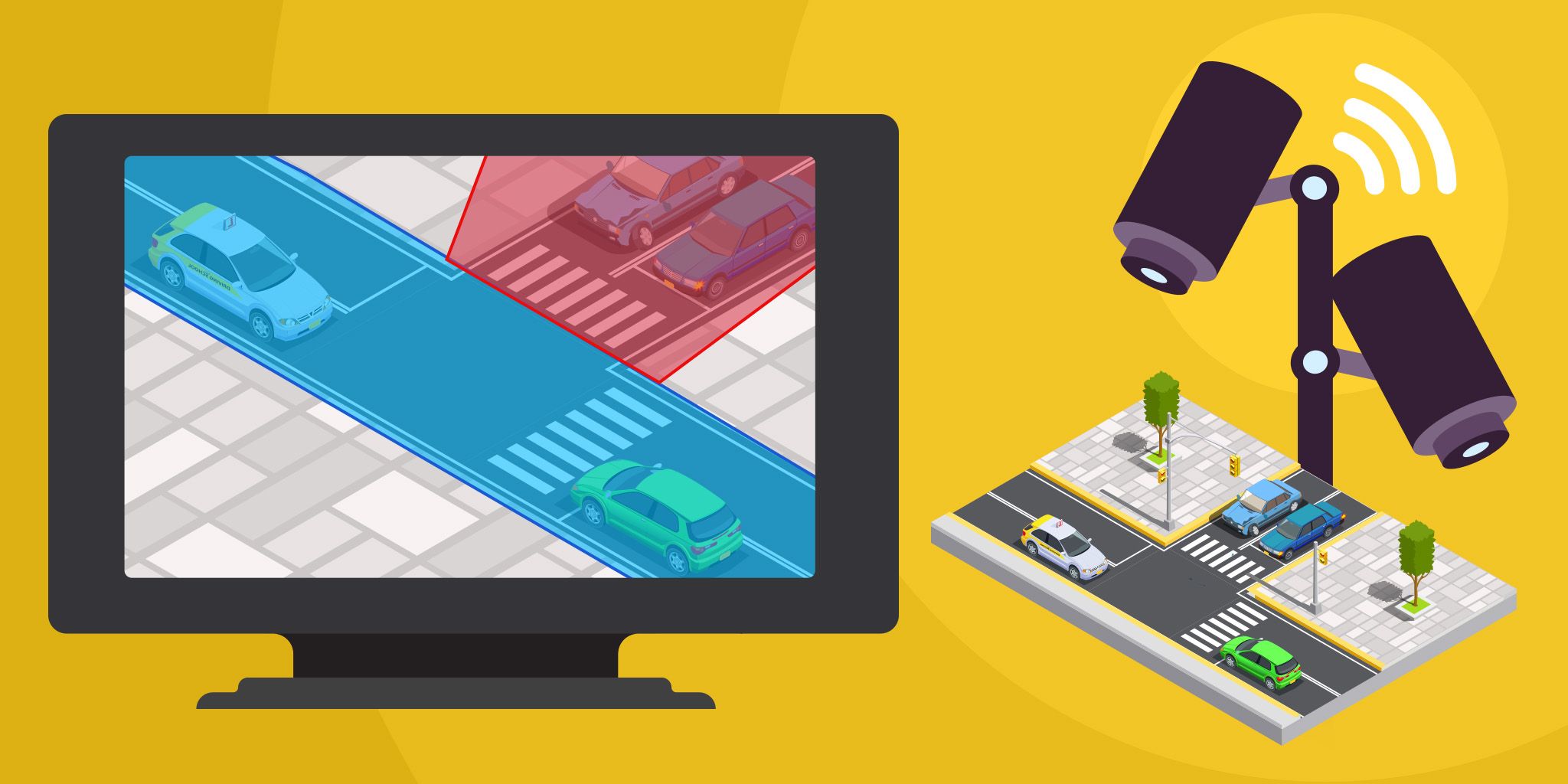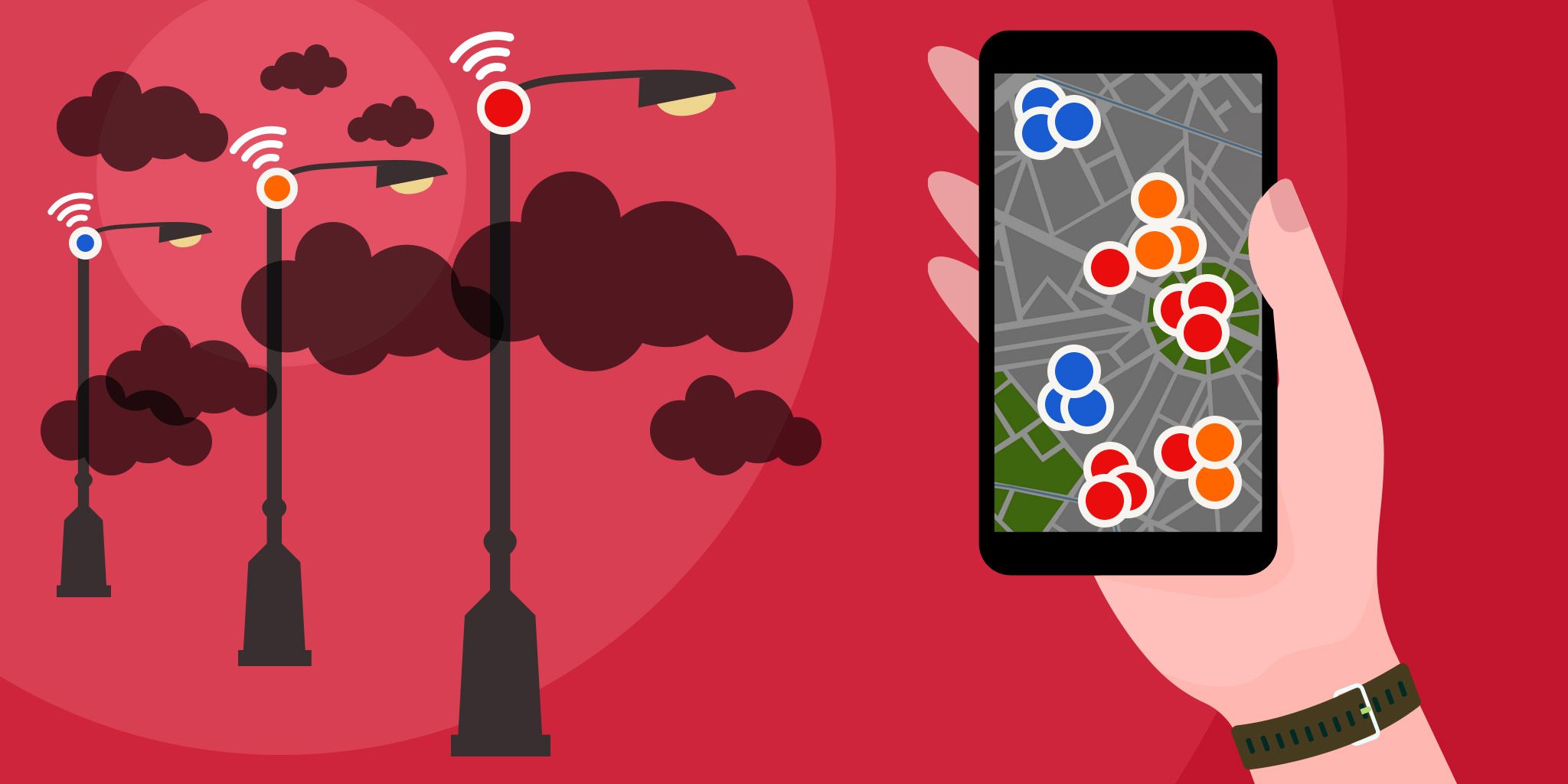6 Technological Advancements That Make Singapore a Smart City
6 Technological Advancements That Make Singapore a Smart City
- Last Updated: April 19, 2025
Guest Writer
- Last Updated: April 19, 2025



While the rest of the world is living in 2023, Singapore seems to be in 2123. The city’s sci-fi views perfectly depict that Singapore is targeting to become a smart nation.
People all over the world falsely consider that China, Japan, or the United States serve as the guiding light of technological progress. Yet, the most futuristic place where technological breakthroughs are as regular as London’s rainfalls is Singapore.
The city-state is steadily flexing its standing as Asia’s technology capital.
Singapore is truly a smart city, and here are 7 technological advancements that prove this.
Self-driving Cars
In 2016, nuTonomy (later acquired by Aptiv) became the pioneer in autonomous vehicle testing in Singapore by launching the first "robot taxis." Although the trial was limited in scope, with only 6 vehicles tested within a 2.5-square-mile area, it paved the way for other companies to conduct their own autonomous taxi trials.
By 2023, the autonomous vehicle sector in Singapore has seen significant advancements. Specifically, the collaboration between the Land Transport Authority (LTA) and companies like AutoX and Waymo has resulted in expanded testing zones and the introduction of larger, more diverse fleets of autonomous vehicles. For instance, Waymo has initiated trials of its fifth-generation Waymo Driver in parts of the city, offering a glimpse into the future of expanded autonomous taxi services.
Hiring Robotic Police
Though Singapore’s crime rates are already some of the lowest in the world, the implementation of technologies into police performance creates even more trouble for criminals. Singapore has an arsenal of smart city technologies at their disposal that make keeping people safe more efficient.
In September of 2021, Singapore conducted a three-week trial of two patrol robots (both named "Xavier") that blasted warnings at people whenever they noticed "undesirable" social behavior. The robots were programmed to detect behavior such as smoking in prohibited areas, improperly-parked bicycles, and breaching of Covid-19 social distancing rules. The Xavier robots did not take any physical action against people beyond the warning blasts (and a glaring stare).
Since 2021, Singapore's use of robotic policing has evolved with the introduction of the SPOT robot, developed by Boston Dynamics. These robots, used in crowd monitoring and surveillance, are equipped with advanced cameras and sensors capable of thermal imaging and license plate recognition. Additionally, the introduction of the O-R3 autonomous patrol car by OTSAW has added a new dimension to robotic policing, particularly in monitoring large public areas and events.
Smart Living in Singapore
The transformation of Singapore into a smart city is primarily driven by the Housing & Development Board's (HDB) Smart Town Framework, introduced in 2014. This framework encompasses five key areas, including homes, and promotes the idea of a smart home for every Singaporean. The HDB encourages citizens to upgrade their homes by implementing technologies such as a utility management system.
In the realm of smart living, the HDB has recently introduced the 'Intelligent Home Management System,' a new smart living initiative featuring AI-powered solutions for energy management, security, and convenience. A key component of this system is the 'Smart Hub,' which integrates various smart devices and sensors in homes, allowing residents to monitor and control their environment through a single platform.
Robots Among Us
Due to the impact of Covid-19, the foreign worker population in Singapore shrunk between December 2019 and September 2021, leading the city-state to embrace robot workers as a solution. With 605 robots per 10,000 employees in the manufacturing industry, Singapore now has the second-highest number of robots globally, only behind South Korea's 932, according to a 2021 report by the International Federation of Robotics. Robots can now be found in a wide range of settings in Singapore, including construction sites, the National Library, metro stations, and even coffee shops.
The use of robots in various sectors has become more pronounced in 2023. Notably, the deployment of the 'Ella' robot by Crown Digital at MRT stations, serving as a barista and interacting with customers, has become a highlight. Additionally, 'RoboCoach' in community centers, designed to assist in physical therapy and exercise routines, exemplifies the expanding role of robots in daily life and healthcare.
Cashless Payments
Smart living implies comfort in every aspect of life. That's why Singapore is shifting toward a cashless payment approach to rid people of carrying cash and staying in long ATM lines.
Today, Singaporeans can pay via QR codes at restaurants or retail shops using only their smartphones. Payments can be made through such bank wallet apps as NETSPay, DBS PayLah!, OCBC Pay Anyone, and UOB Mighty.
The landscape of cashless payments in Singapore has seen substantial growth, with the introduction of the SGQR code system, a unified payment QR code, making transactions seamless across different payment platforms. Furthermore, the implementation of the 'PayNow' system in public transport has allowed commuters to make fare payments directly from their bank accounts, significantly enhancing the convenience of cashless commuting.
Merging With Virtual Reality
Speaking about the smart city concept, it's impossible not to mention virtual reality (VR) and augmented reality (AR) examples in Singapore.
In 2023, Singapore has taken notable strides in VR and AR applications. One significant development is the 'Virtual Singapore' project, an ambitious initiative creating a dynamic 3D city model and collaborative data platform, used for urban planning and decision-making. In the retail sector, the 'iFashion Cloud' platform has gained traction, offering AR fitting rooms, and allowing consumers to virtually try on clothes using their smartphones.
There Is No Doubt That Singapore is A Smart City
While the time travel machine is not invented yet, it's still possible to look into the future by visiting Asia’s technology capital: Singapore. May their futuristic spirit inspire you to participate in the creation of the future.
Originally published on November 2019. Updated November 2023.
The Most Comprehensive IoT Newsletter for Enterprises
Showcasing the highest-quality content, resources, news, and insights from the world of the Internet of Things. Subscribe to remain informed and up-to-date.
New Podcast Episode

IoT in 2026: Trends and Predictions
Related Articles



